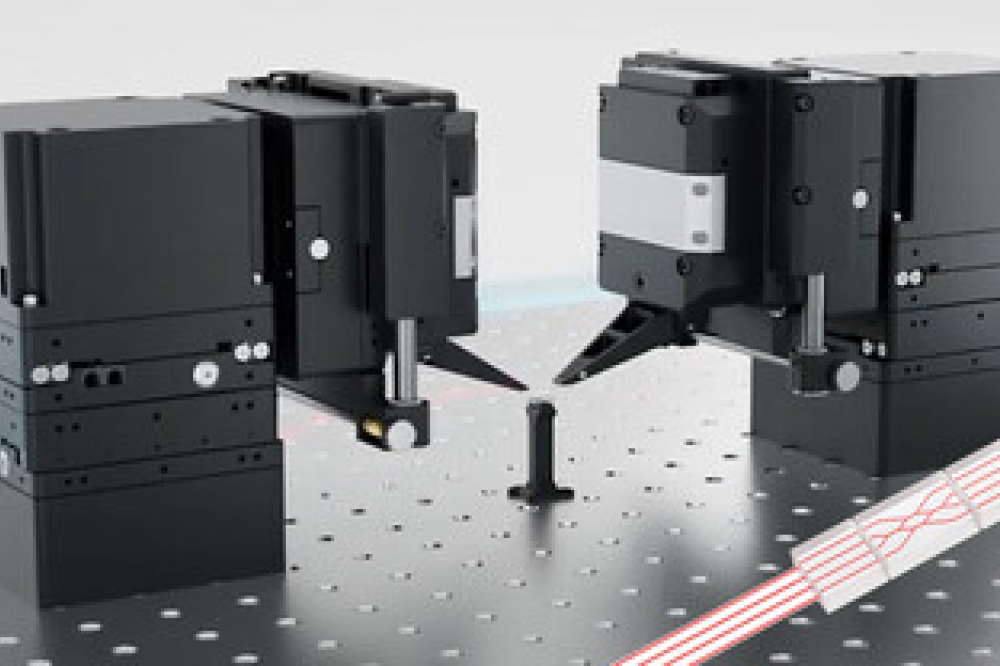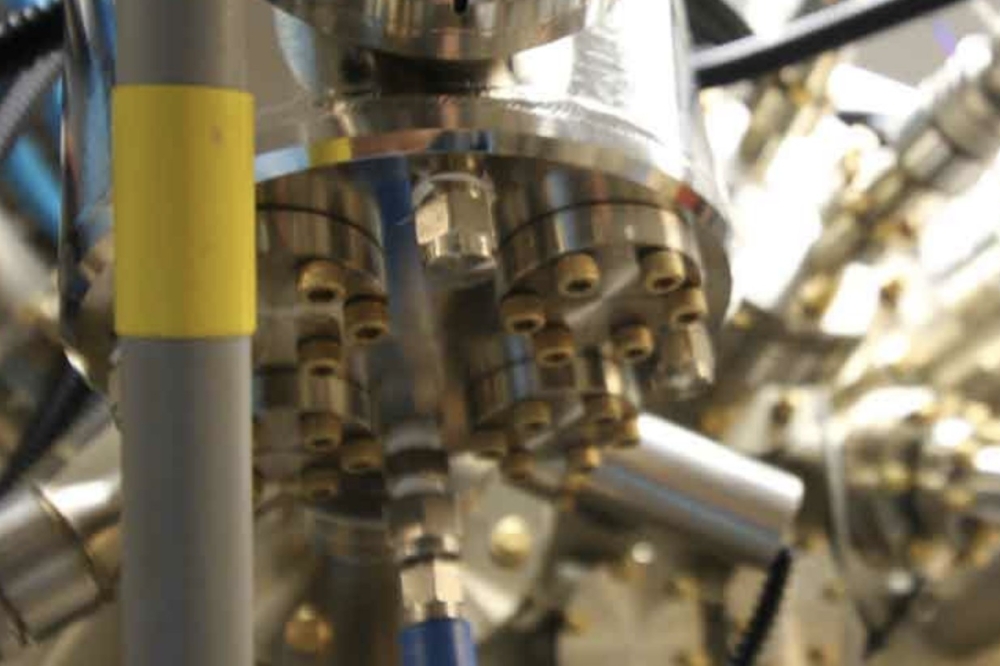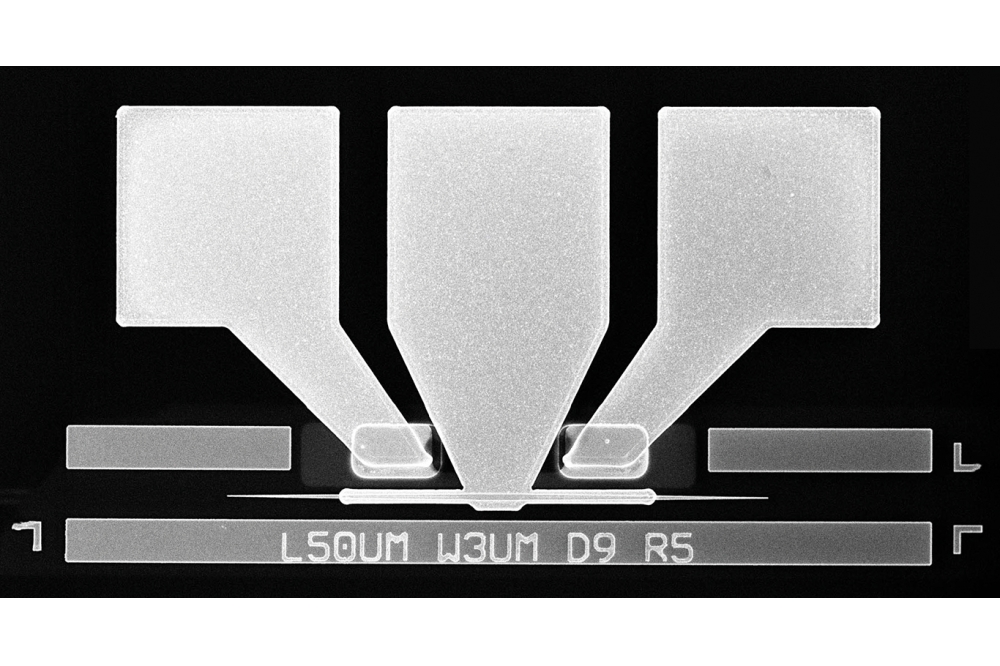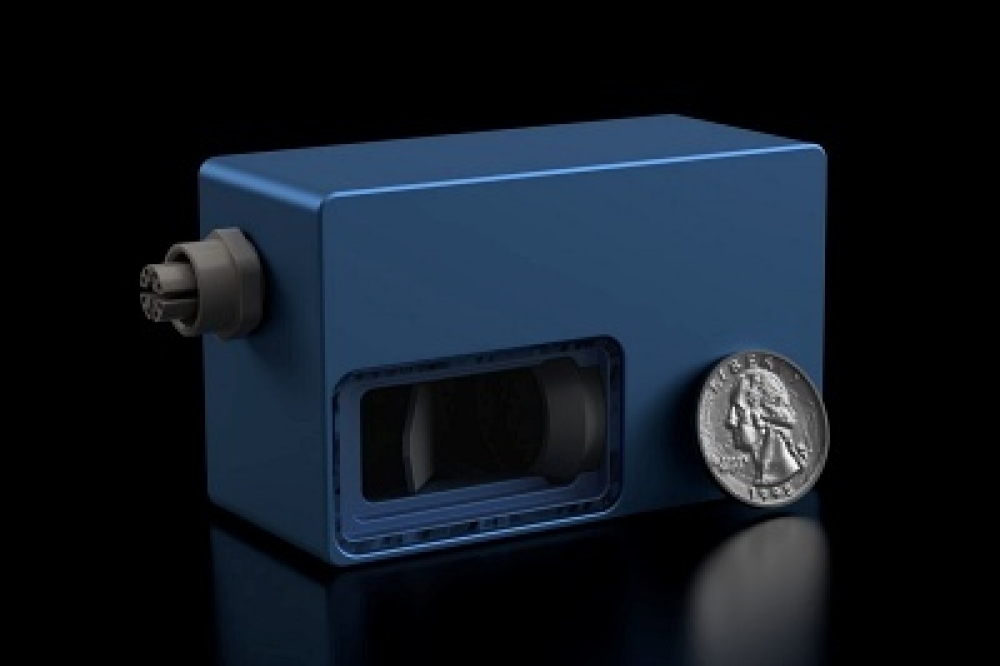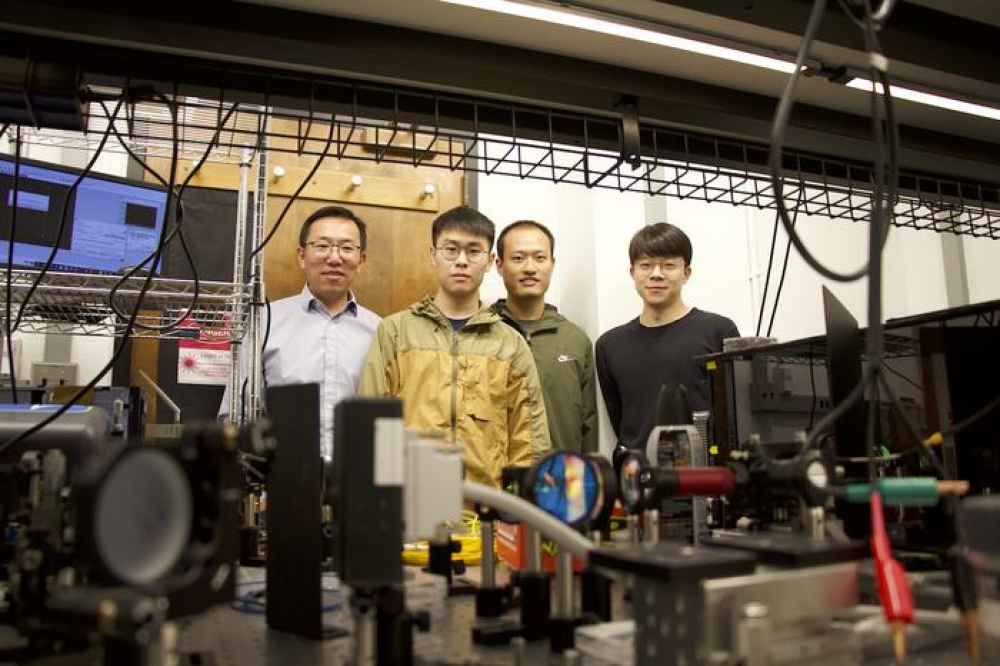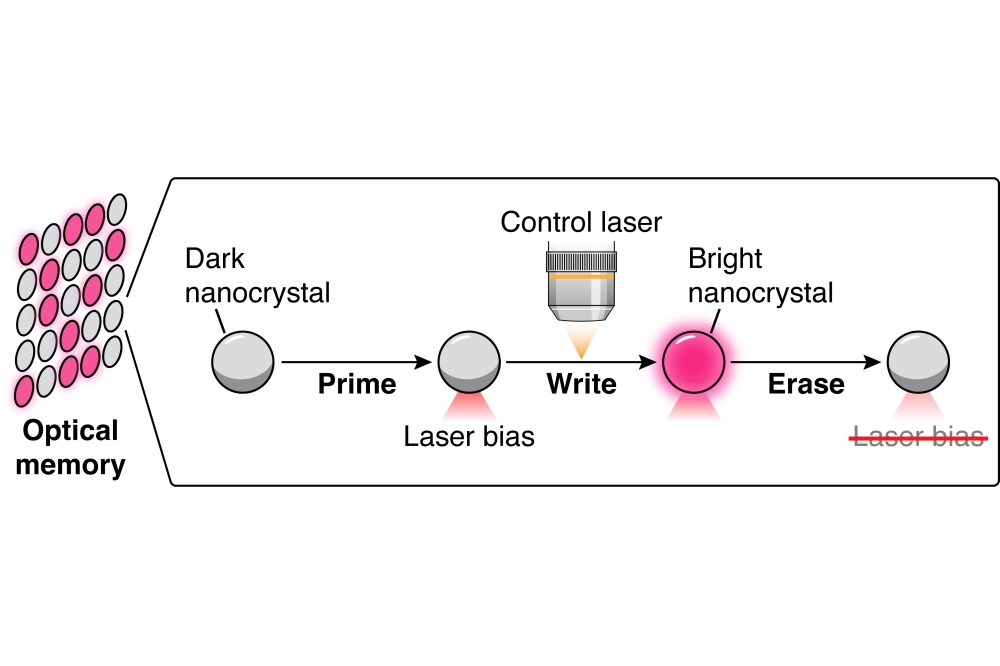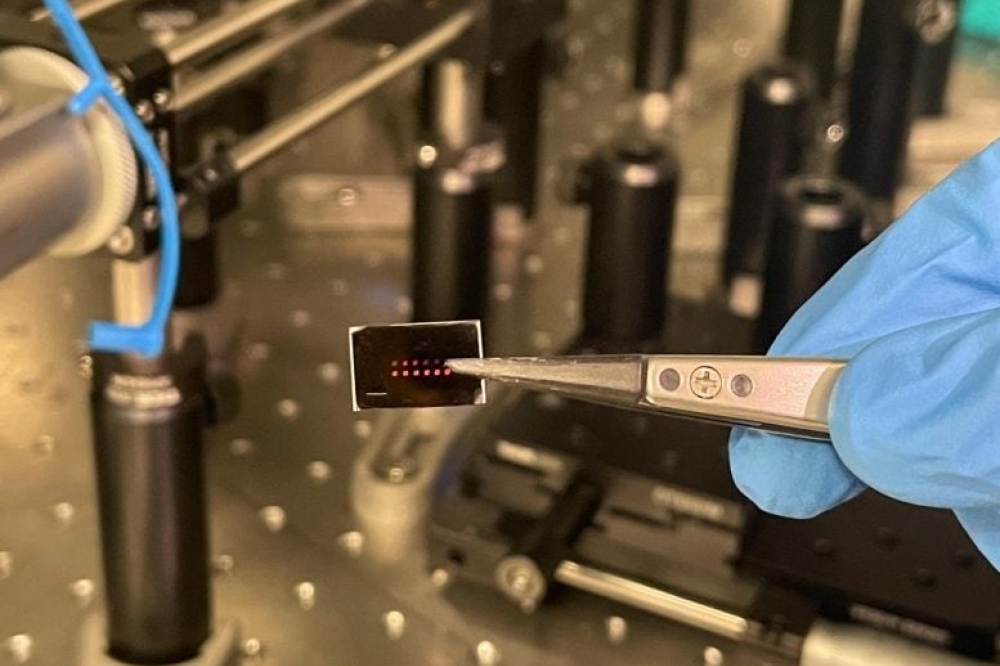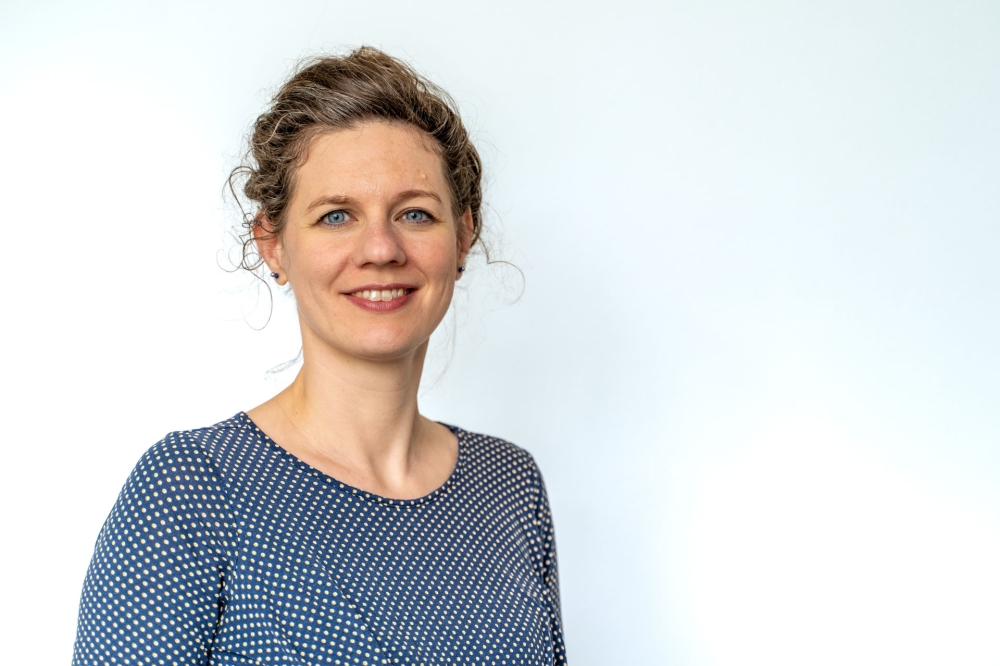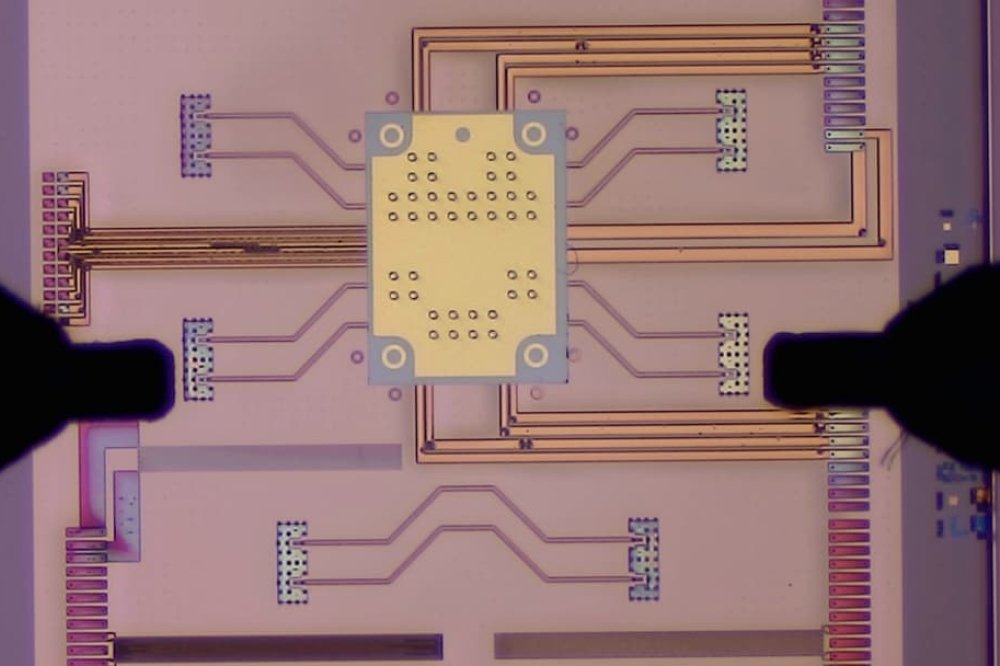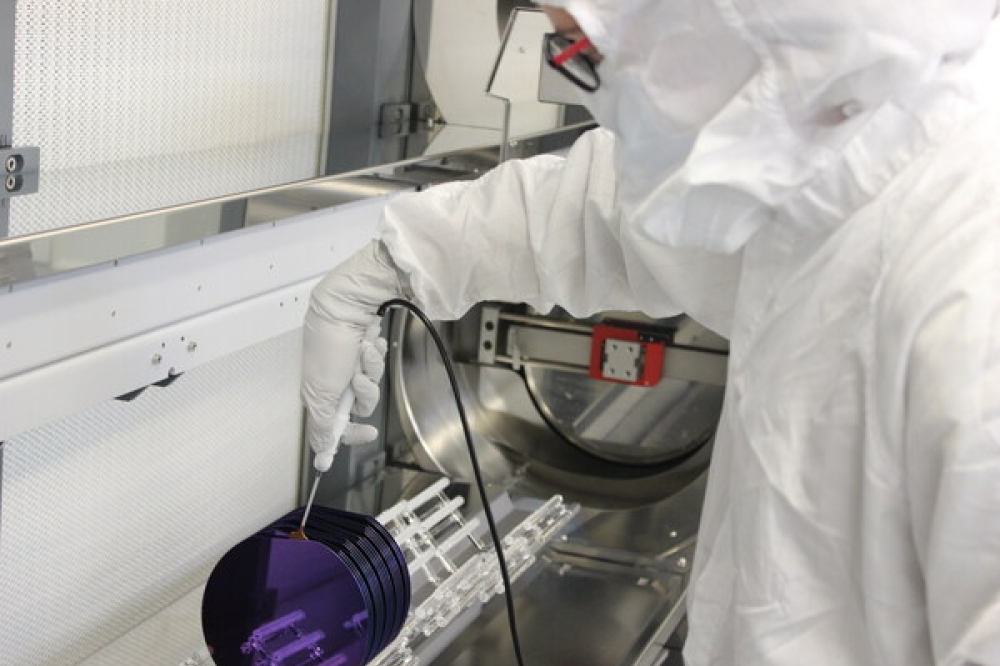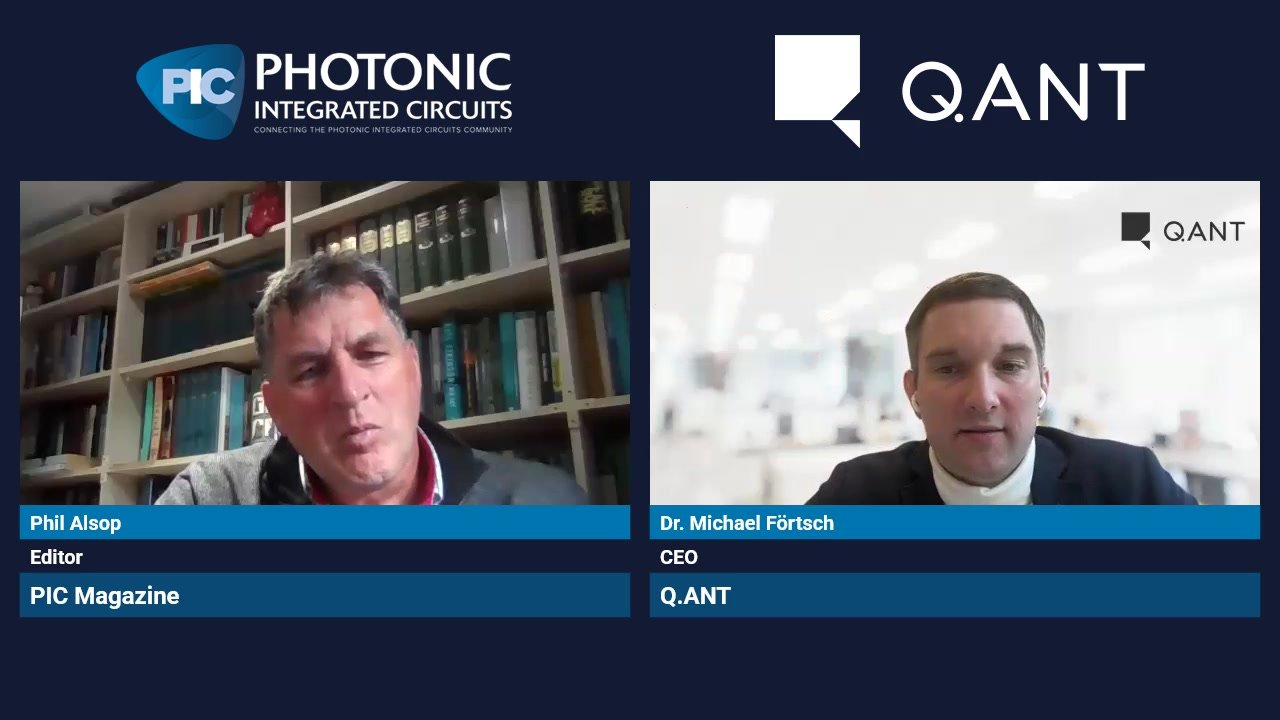European quantum experts team up on photonic quantum computing
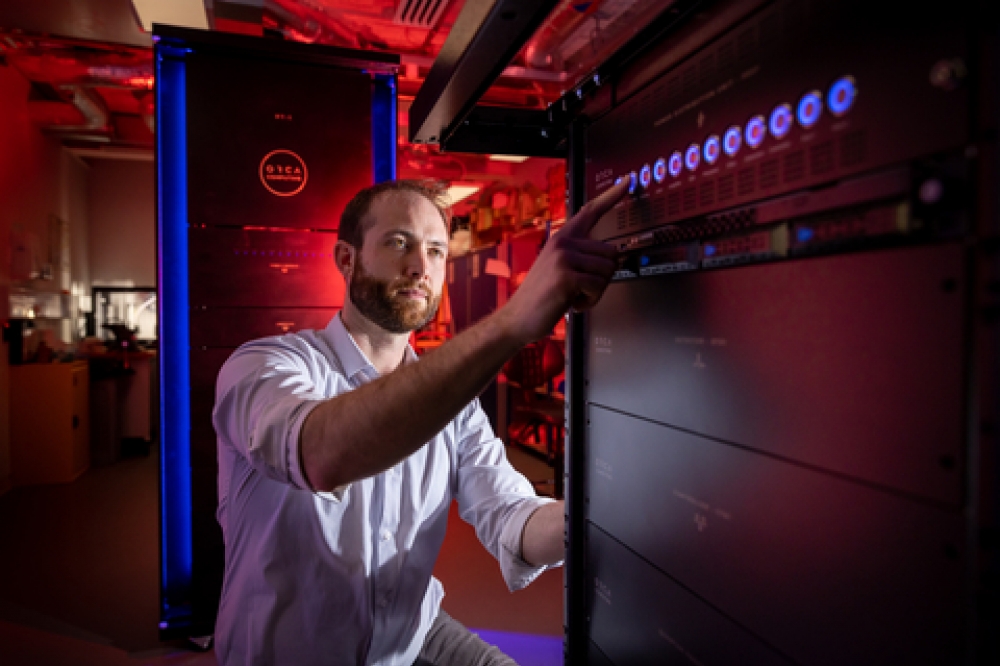
The “SupremeQ” project aims to combine the knowledge of its academic and industry partners to pave the way for quantum advantage
ORCA Computing, Pixel Photonics, Sparrow Quantum, and the Niels Bohr Institute (NBI) have announced they are collaborating on a project, dubbed “SupremeQ,” to accelerate the development and commercialisation of photonic quantum computing technologies to deliver quantum advantage. Supported by Eurostars, a European funding programme dedicated to assisting R&D-performing SMEs in developing marketable innovative products, processes, and services, the project brings together experts from the UK, Germany, and Denmark.
SupremeQ will draw upon single-photon sources from Sparrow Quantum and NBI, single-photon detectors from Pixel Photonics, and full-stack photonic quantum computing system architecture from ORCA Computing. By uniting efforts, the consortium aims to drive breakthrough innovation in photonic quantum computing, paving the way for quantum advantage.
According to a report by Fortune Business Insights, the quantum computing market is forecast to reach $6.5 billion by 2030 with a CAGR of 32.1 percent. With a broad range of potential application areas offering significant advantages over current classical computations. The SupremeQ project aims to address the needs of this growing market demand for quantum computing capabilities by addressing key challenges such as system engineering for scale, high acquisition, and operation costs, as well as the need for specialised expertise.
The project aims to pioneer solutions for photonic quantum computing and unveil groundbreaking innovations in performance, packaging, and system integration. The project partners plan to engineer Sparrow Quantum’s single-photon sources and Pixel Photonics detectors to co-exist within a single cryostat, which would mark a breakthrough in quantum computing infrastructure. With reduced complexity and enhanced component proximity, this crucial milestone would herald the path to multiplying qubits while offering considerable manufacturability and cost advantages.
ORCA Computing says it will draw upon its expertise in quantum photonic system architecture to integrate these developments and demonstrate state-of-the-art photon processing efficiencies and reconfigurability within a standard datacentre rack.
These advancements are necessary for the commercialisation of quantum computers to reach advantage over classical computing systems signifying a significant leap towards achieving universal fault-tolerant quantum computing.
As the quantum computing market continues to evolve, the consortium say they are confident that their innovative SupremeQ solutions will generate considerable interest, driving diverse applications and accelerating the widespread adoption of quantum technologies across industries well beyond the conclusion of the Eurostars programme.
“I envision SupremeQ as a symphony of quantum brilliance, with each partner playing a unique instrument,” said Kurt Stokbro, CEO of Sparrow Quantum. “Together, we're composing a masterpiece that I believe will make some noise around the world.”
Nicolai Walter, CEO of Pixel Photonics, commented: “The advancements made possible through the SupremeQ project represent a significant leap forward in quantum computing technology. By combining cutting-edge components and innovative architecture, we will be well-positioned to redefine the boundaries of what is possible in quantum computing.”
Richard Murray, CEO of ORCA Computing, said: “We are delighted to announce this new partnership with two other leading European firms. With its unparalleled performance, the outcome of this project will spearhead new frontiers in hybrid quantum-classical computation, driving significant advancements in machine learning and optimization.”
Peter Lodahl, professor at the Niels Bohr Institute, added: “We are thrilled to collaborate with esteemed industry partners on the SupremeQ project, which represents a significant step forward in quantum computing innovation.”
Image: Business Wire



